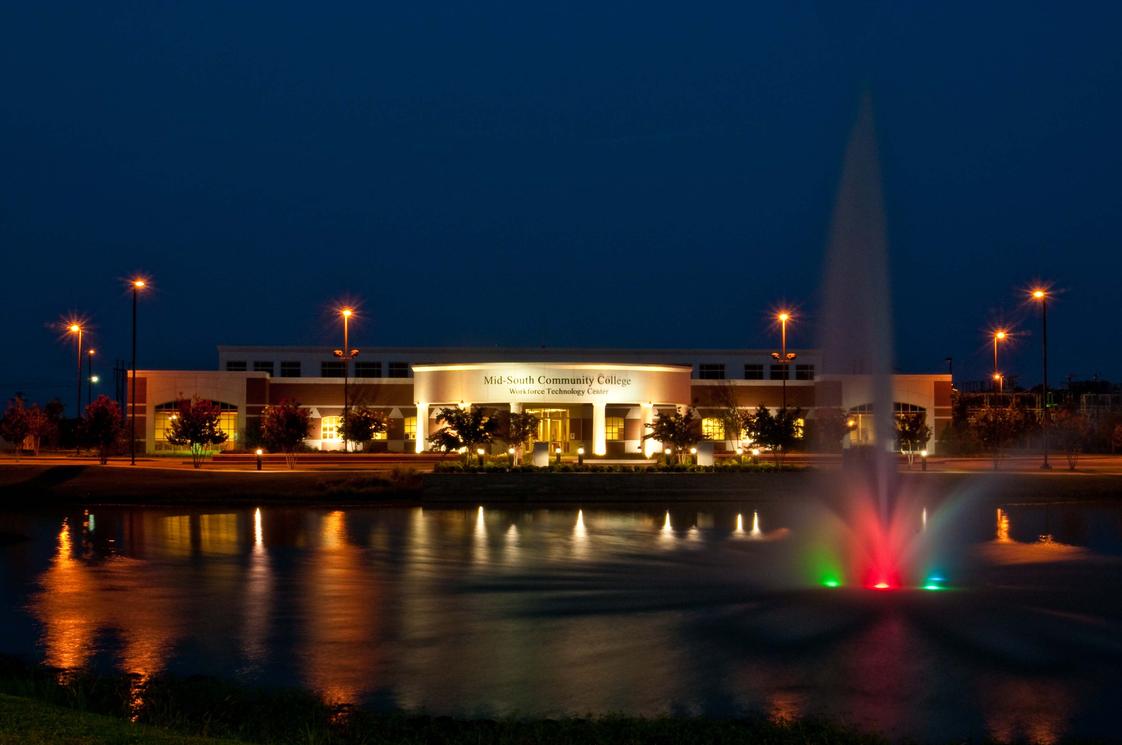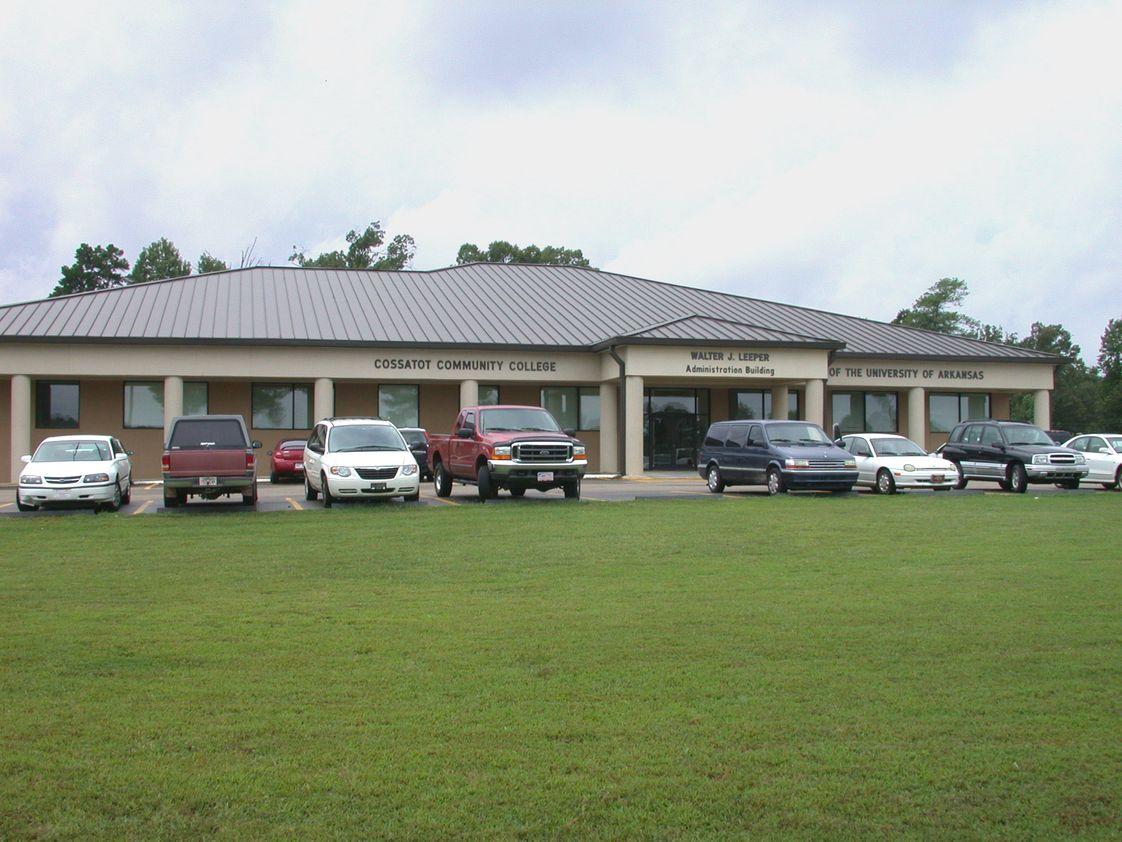The average community college acceptance rate in Arkansas is approximately 77% per year (2026).
The most selective college in Arkansas is currently South Arkansas College, with an acceptance rate of 25%.
Acceptance Rate Range: 25%
100%
Avg. Acceptance Rate: 77%
Most Selective Community Colleges in Arkansas (2026)
College
Acceptance Rate
Location
Rank: #11.
South Arkansas College
Public
Acceptance Rate: 25%
300 S West Ave
El Dorado, AR 71731
(870) 862-8131
El Dorado, AR 71731
(870) 862-8131
Rank: #22.
Acceptance Rate: 54%
183 College Drive
De Queen, AR 71832
(870) 584-4471
De Queen, AR 71832
(870) 584-4471
Rank: #33.
Acceptance Rate: 56%
5210 Grand Ave
Fort Smith, AR 72913
(479) 788-7000
Fort Smith, AR 72913
(479) 788-7000
Rank: #44.
Acceptance Rate: 84%
7648 Victory Blvd
Newport, AR 72112
(870) 512-7800
Newport, AR 72112
(870) 512-7800
Rank: #5 - 85. - 8.
Acceptance Rate: 100%
2000 W. Broadway
West Memphis, AR 72301
(870) 733-6722
West Memphis, AR 72301
(870) 733-6722
Rank: #5 - 85. - 8.
Acceptance Rate: 100%
1537 University Blvd.
Morrilton, AR 72110
(501) 977-2000
Morrilton, AR 72110
(501) 977-2000
Rank: #5 - 85. - 8.
Acceptance Rate: 100%
1100 College Dr
Mena, AR 71953
(479) 394-7622
Mena, AR 71953
(479) 394-7622
Rank: #5 - 85. - 8.
Acceptance Rate: 100%
One College Drive
Bentonville, AR 72712
(479) 986-4000
Bentonville, AR 72712
(479) 986-4000
Frequently Asked Questions
What is the Arkansas average community college acceptance rate?
The Arkansas average community college acceptance rate is 77% for 2026.
What are the most selective community college in Arkansas?
The most selective community college in Arkansas include South Arkansas College, Cossatot Community College of the University of Arkansas and University of Arkansas-Fort Smith.
Recent Articles

How to Transfer to a Four-Year University Without Losing Credits
Learn how to transfer to a four-year university without losing credits in 2026, including agreements, planning tips, and expert guidance.

First-Generation Student Guide to Community College Success
A first-generation student guide to navigating your first semester at community college, with academic, financial, and campus life strategies.

Most In-Demand Community College Majors for 2025–26
Explore the most in-demand community college majors for 2025–26 workforce needs, aligned with hiring trends, wages, and transfer pathways.













